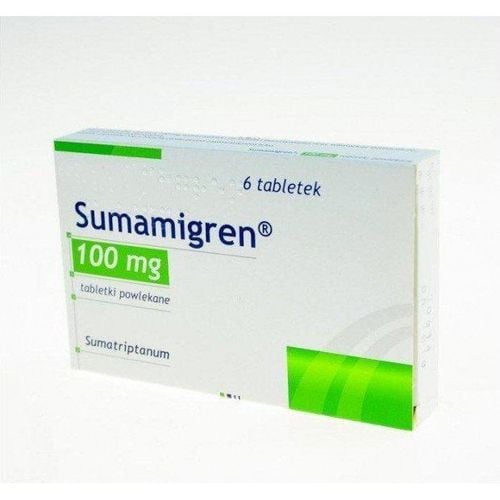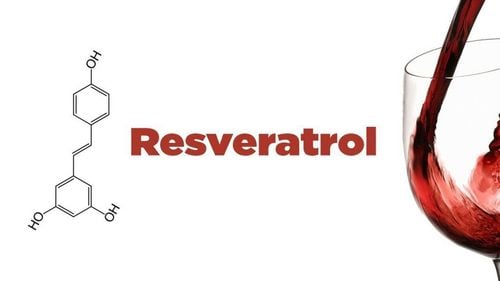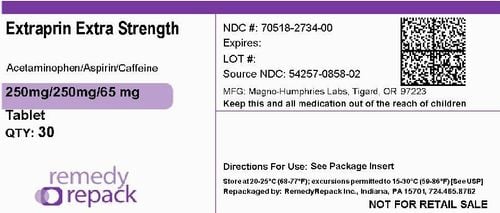This is an automatically translated article.
CoQ10 is found in meat, fish and grains. However, the amount of CoQ10 in these food sources is not enough to increase CoQ10 levels in the body. Instead, you can take CoQ10 supplements, which are available in capsule or tablet form.
1. What is Coenzyme Q10 (CoQ10)?
CoQ10 is found in meat, fish and grains. However, the amount of CoQ10 found in these food sources is not enough to increase CoQ10 levels in the body. Instead, you can take CoQ10 supplements, which are available in capsule or tablet form.
2. What does Coenzyme Q10 do?
CoQ10 may help treat certain heart conditions, as well as migraines and Parkinson's disease. Specifically, supplementing with Coenzyme Q10 helps you treat some of the following conditions:Heart failure: Coenzyme Q10 has been shown to improve symptoms of heart failure. CoQ10 helps lower blood pressure and may aid recovery in people who have had bypass and valve surgery.
Diabetic neuropathy: Research shows that CoQ10 improves nerve damage and nerve pain in people with nerve damage from diabetes.
Muscle pain: Some studies show that taking coenzyme Q10 directly helps reduce pain, muscle aches and resolve insomnia caused by muscle pain in patients.
HIV/AIDS: Taking Coenzyme Q10 directly improves the immune system in people with HIV/AIDS.

Coenzyme Q10 được chứng minh là có thể cải thiện các triệu chứng suy tim
Using coenzyme Q10 to reduce migraine frequency in children with lower coenzyme Q10 levels, it may take up to 3 months for the best effect.
Multiple Sclerosis (MS): Taking coenzyme Q10 helps reduce fatigue and lethargy in people with MS.
Heart attack: Starting CoQ10 within 72 hours of a heart attack and continuing for a year reduces the risk of heart-related events, including another heart attack.
Parkinson's disease: Early research suggests that high doses of CoQ10 may benefit people in the early stages of a nervous system disorder that affects movement.
2. Dosage of Coenzyme Q10

Sử dụng Coenzyme Q10 cần theo đúng liều lượng được khuyến cáo
For adults, the dosage to use Coenzyme Q10 is as follows:
If coenzyme Q10 is deficient: Add 150-2400 mg per day. For subjects with disorders causing muscle weakness: 150-160 mg per day, or 2 mg/kg per day. In some cases, the dose may be gradually increased to 3000 mg per day. For people with heart failure: 30 mg once daily, or up to 300 mg daily in two or three divided doses for up to 2 years. Additionally, doses of 2 mg/kg daily for up to one year have been used. For people with diabetic neuropathy: 400 mg daily for 12 weeks. For patients with fibromyalgia: 300 mg daily for about 6 weeks or 200 mg twice daily for 3 months has been used. It is recommended to combine 200 mg of coenzyme Q10 (Bio-Quinon Q10, Pharma Nord) plus 200 mg of ginkgo (Bio-Biloba, Pharma Nord) daily for 12 weeks. For people with HIV/AIDS: 100-200 mg daily for more than 4 years. For tissue damage caused when blood flow is restricted and then blood flow is restored (re-ischemic injury): 150-300 mg daily in up to three divided doses for 1-2 weeks before surgery. To prevent migraines: Supplement with 100 mg three times daily, 150mg once daily, or 100mg once daily for 3 months. A dose of 1-3 mg/kg daily for 3 months is also used. For multiple sclerosis (MS): 500 mg twice daily for 3 months. For a group of genetic disorders that cause muscle weakness and loss (muscular dystrophy): 100mg daily for 3 months. For heart attack patients: 120 mg daily in two divided doses for up to one year. Combinations of 100 mg of coenzyme Q10 (Bio-Quinon, Pharma Nord) and 100 mcg of selenium (Bio-Selenium, Pharma Nord) daily for up to one year have also been used. For Peyronie's disease (curved penis): 300mg daily for 6 months For children, the dosage to use Coenzyme Q10 is as follows:
For children with CoQ10 deficiency: 60-250 mg daily for up to three times. For the prevention of migraine: 1-3 mg/kg daily for 3 months in patients 3-18 years of age. For a group of genetic disorders that cause muscle weakness and loss of muscle (muscular dystrophy): 100mg daily for 3 months in children 8-15 years of age.
3. Side effects of Coenzyme Q10

Coenzym Q10 được coi là an toàn, ít tác dụng phụ
CoQ10 supplements appear to be very safe and produce few side effects when taken as directed.
Some mild side effects may include:
Upper stomach pain Loss of appetite Nausea Diarrhea Headache Insomnia Rash Fatigue Dizziness Light sensitivity Irritability Subjects to be cautious with CoQ10 supplementation Includes:
Pregnant or lactating women: Do not use. People undergoing chemotherapy with a class of drugs called alkylating agents should use caution when using Coenzyme Q10. There is some concern that Coenzyme Q10 might decrease the effectiveness of these drugs. Some alkylating agents include busulfan, carboplatin, cisplatin, cyclophosphamide (Cytoxan), dacarbazine, thiotepa, and many others. Coenzyme Q10 may lower blood pressure. It may increase the effects of medicines used to lower blood pressure. Cigarette smoking depletes the body of stored coenzyme Q10. Coenzyme Q10 may interfere with blood pressure control during and after surgery. Stop taking coenzyme Q10 at least 2 weeks before surgery.
Please dial HOTLINE for more information or register for an appointment HERE. Download MyVinmec app to make appointments faster and to manage your bookings easily.
Source: mayoclinic.org; webmd.com












